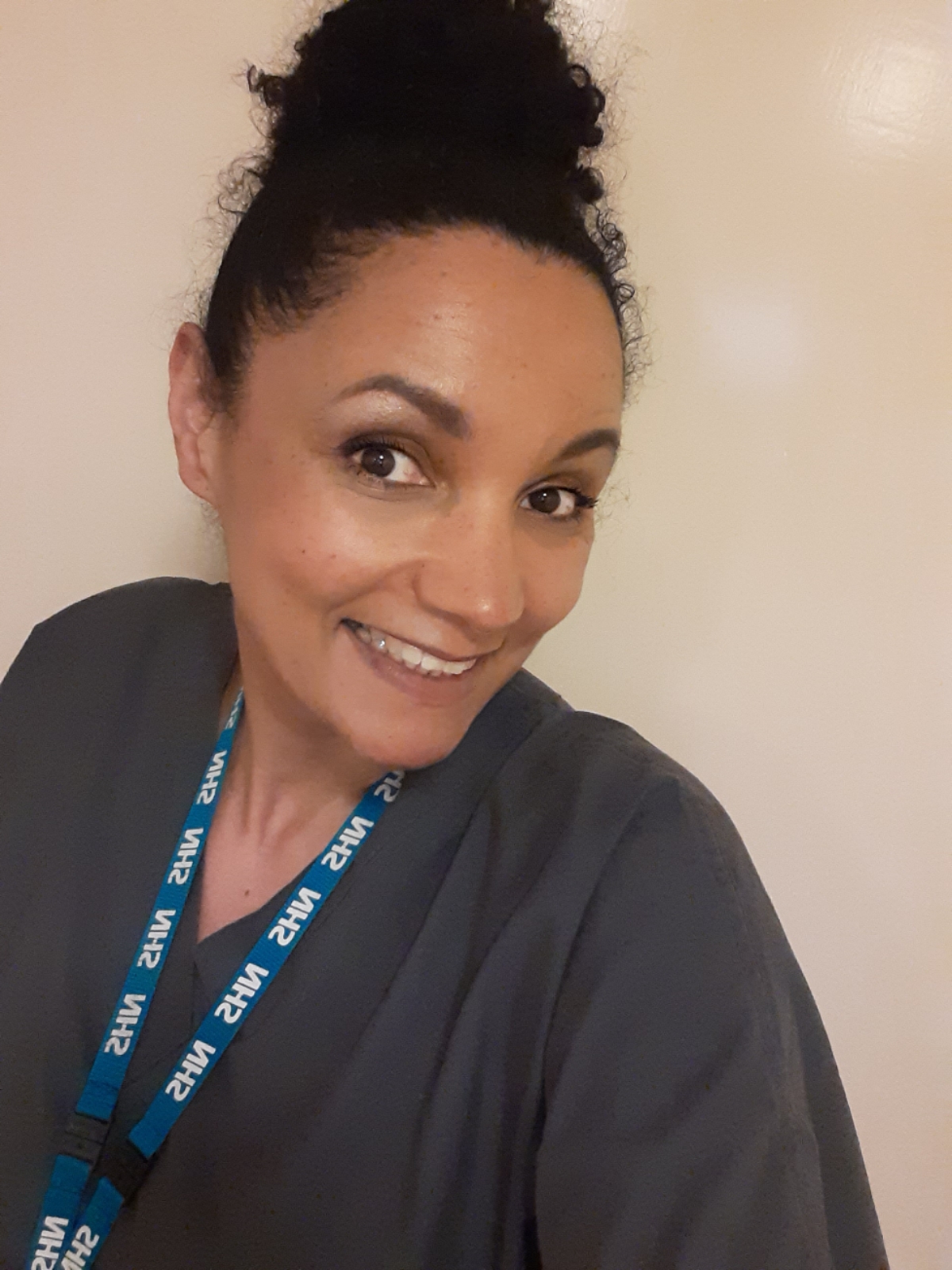

Inspirational Story
Cherill Watterston
Where did your career as a Physiotherapist begin?
I qualified from the University of Manchester as a physiotherapist in 2003 and was incredibly proud being the first person in my family having graduated.
I always had an interest in psychology and behaviour: my undergrad dissertation was about social facilitation- how the presence of others either facilitates or inhibits performance.
During my junior rotations (as they were called then) I found that I had a passion for understanding complexity and was fortunate to work at a hospital in Manchester with a chronic pain pathway which was unusual at the time. I always appreciated that time with people to try and understand their world and how their symptoms were a product of their perception and interactions with it.
What was your next step in your career?
I moved to London to specialise in complex pain and was involved in setting up a clinic to prevent those experiencing complex back pain being part of the revolving door process into tertiary care.
I also working in a health psychology department supporting those with Chronic Fatigue Syndrome.
Since then I’ve worked with people with alcohol dependency, domestic abuse and then within mental health services for many years.
I’ve studied cognitive therapies and other psychosocial approaches and have always seen myself as an enabler of people understanding their own worlds to be able to make more informed choices which have a positive impact upon their health behaviours.
I saw first-hand the impact having a different voice in conversations could make
In addition to clinical work, what else have you been involved in?
Being from a racially marginalised group (I’m mixed heritage: Black Caribbean & White) I became involved in the staff network at the organisation that I was working in and began to chair it.
This ignited another passion regarding social justice and addressing the inequalities that exist across society that then manifest in the experience and outcomes of marginalised groups.
I started to work more strategically, meeting with board members, having a voice of difference that represented others in settings that were so far removed from the clinical world, it made me question, how do we support others from different backgrounds both culturally and professionally to be heard in strategic decisions? I certainly didn’t see any other physios in my travels!
What were the benefits on taking on this role?
I saw first-hand the impact having a different voice in conversations could make.
I was fortunate to have coaching and mentoring with some wonderful people (CEO’s and directors- if you don’t ask you don’t get right??) and being presented with opportunities to develop my skills and abilities in a different way.
Where did this lead you?
I was successful in obtaining a role working in organisational development, specifically looking at racial inequalities in an NHS provider organisation.
I led on work looking at how frontline colleagues experience racism whilst delivering care in mental health in-patient settings, how we support people and how we address racism as a clinical need.
This was extremely challenging but worthwhile. I learnt so much about navigating organisational barriers and politics. Things that are essential to have an understand of when being a facilitator of large scale change.
Diversity of thought matters. Clinical representation matters. Being connected to the people that are delivering our services matter. Being able to have a voice that is heard matters.
What steps did you take to move from clinical practice to what you are doing today?
I am a part of the West Yorkshire Race Equality Network and their representative on the regional People board: a group of directors and CEOs from across West Yorkshire Health and Care Partnership that have oversight of all things related to the People Plan.
When I joined the Board I was still working clinically and remember thinking that I was BY FAR the most junior person there and the only person that had worked frontline during the pandemic. Diversity of thought matters. Clinical representation matters. Being connected to the people that are delivering our services matter. Being able to have a voice that is heard matters.
What does your role look like now?
I now work as a system development lead for West Yorkshire Integrated Care Board.
I specifically support our workforce in developing leaders that live the values of the health and care partnership to help achieve our 10 Big Ambitions in reducing health inequalities and having leaders that are representative of the communities that we serve. I started in this post on the 1st July 2022 when the Integrated Care Board became a statutory body.
I’m very aware that there are very few physiotherapists that I see working strategically. All the skills, knowledge and experience I gained as a clinician are absolutely transferable to a corporate setting.
My role is still about being an enabler but instead of working with one person I’m working across a system. The ability to influence change is on a much bigger scale.
The complexity I now try to make sense of is across health and care systems rather than in individual experience. I’m still registered as a physio and that is not something I want to let go of just yet and I’d love to see more physios and Allied Health Professionals crossing that clinical -corporate divide.
I remember attending a development session when I was first dipped my toe into the corporate water and being told that I might struggle to understand because I was a physiotherapist. I guess I proved them wrong.
Physiotherapy
Want to learn more about the role of a physiotherapist? The settings they can work in? Specialisms? The varied career paths?
Find out more